In 2013 I was hired as the launch editor of online magazine, Generosity. The venture was the first publication to focus solely on philanthropy and social investment in Australia, and it enjoyed a warm welcome in a spotlight sector. Some organisations I proudly worked with under the Generosity flag included the Centre for Social Impact, the Australian Environmental Grantmakers Network, the Foundation for Rural & Regional Renewal, Social Ventures Australia, the Centre for Policy Development, The Funding Network, and The Nexus Australian Youth Summit on Innovative Philanthropy and Social Entrepreneurship.
Off the back of the magazine, I was hired by US foundation, The Atlantic Philanthropies, to lead and write a book about its impact in Australia. This was launched in 2017 and was a great privilege to deliver.
BILL GATES describes Chuck Feeney as his “hero”
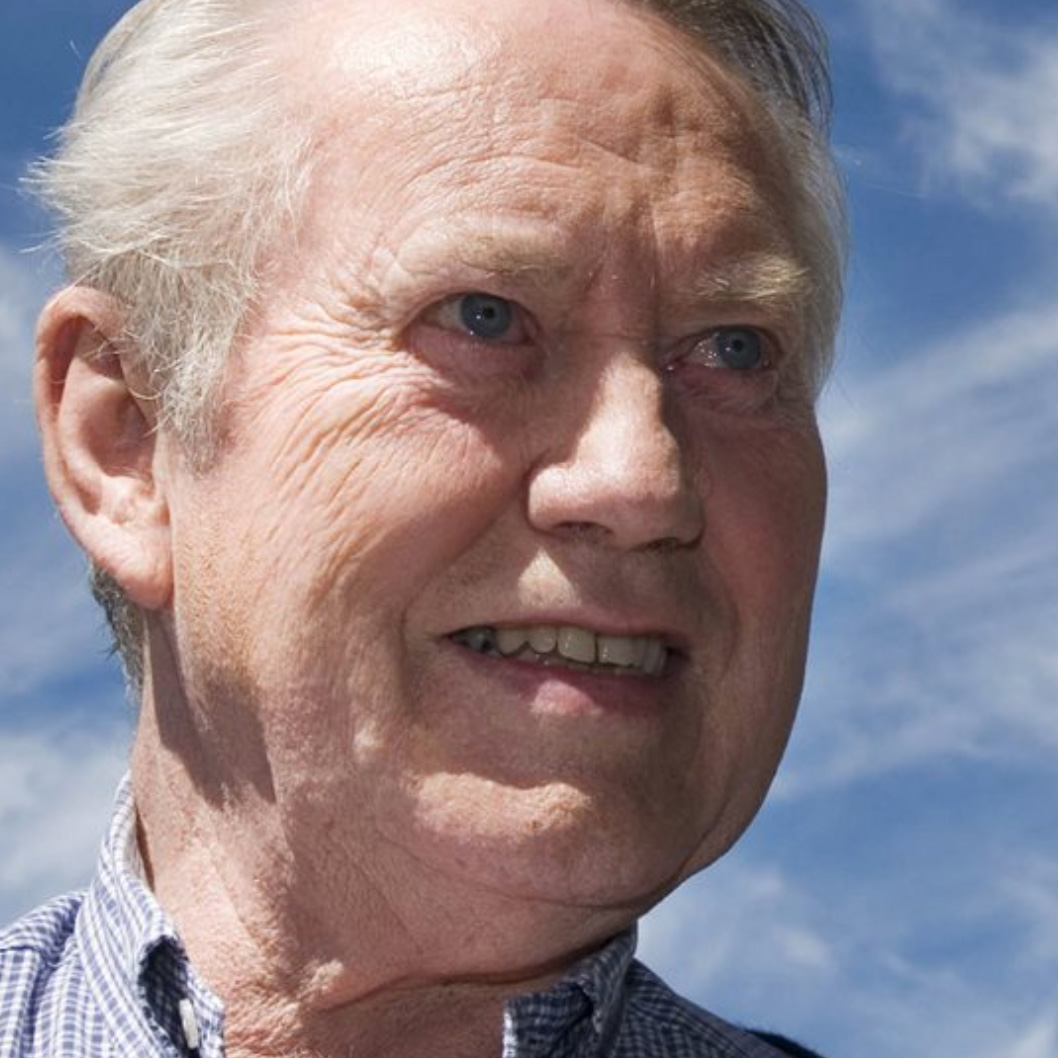 Forbes magazine calls him “the James Bond of Philanthropy.” Australians who have met him say “brilliant,” “humble,” “insightful,” “kind.” Australians who call him friend add “stubborn,” “loyal” and “short.” But most Australians don’t know him at all.
Forbes magazine calls him “the James Bond of Philanthropy.” Australians who have met him say “brilliant,” “humble,” “insightful,” “kind.” Australians who call him friend add “stubborn,” “loyal” and “short.” But most Australians don’t know him at all.
An Irish-American business giant whose entrepreneurial nous built and sold the multinational Duty Free Shoppers (DFS) retail empire, Chuck Feeney, at the age of 50, decided to commit virtually all of his wealth — and his shares of DFS — to the service of humanity. Not for him the three Gs — golf, grandchildren and gardening — he told his family.
Establishing a Bermuda-based charitable foundation in 1982, Feeney has gone on to become one of the world’s most respected philanthropists, recognised for both the scale of his foundation’s generosity and its level of engagement in the communities in which it is giving.
Over three decades, and with the harnessed energy of approximately 120 staff globally at its peak, The Atlantic Philanthropies have made more than 6,500 grants, to almost 2,000 grantees, concentrated in eight regions across the globe.The Atlantic Philanthropies completed their grantmaking in December 2016; Feeney’s foundation has invested more than US$8 billion to build a world of greater opportunity, equity and dignity for all people — sooner rather than later.
USE US: Foundation for Rural and Regional Renewal
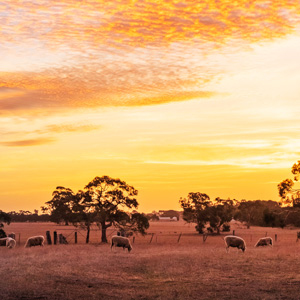 There’s a reason why so many lamingtons are sold in rural Australia, why meat raffles and charity balls populate a proud corner of our country culture.
There’s a reason why so many lamingtons are sold in rural Australia, why meat raffles and charity balls populate a proud corner of our country culture.
If you’re a regional craft club in need of a new air-conditioner, a rural Men’s Shed in want of a bandsaw, or a remote childcare centre in hope of a new kitchen, there are generally three places to hunt for funding: local government, local business, or the next school fête.
“Ninety percent of the projects we fund are for community groups that will never have deductible gift recipient status,” says CEO of the Foundation for Rural & Regional Renewal, Alexandra Gartmann. “That makes them mostly inaccessible to philanthropy.”
To receive income tax-deductible gifts and tax-deductible philanthropic gifts, an organisation must be classified by the ATO as a deductible gift recipient (DGR). Receiving DGR status is a lengthy and expensive process, and by their nature, most small community nonprofit groups are precluded from receiving it.
“A lot of donors do want to contribute to rural and regional Australia,” Gartmann says. “But their hands are tied. Private Ancillary Funds (PAFs), in particular, are obligated to give to DGR nonprofits, which means there are a lot of projects they just can’t reach.”
COLLECTIVE IMPACT: More bang for your philanthropic buck
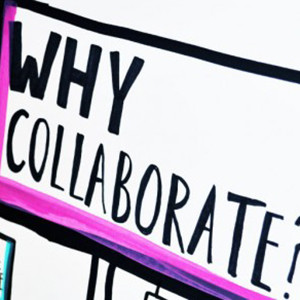 Philanthropists are often in the business of tackling complex, entrenched social problems: reducing homelessness; improving Indigenous health outcomes; battling abuse and neglect of children.
Philanthropists are often in the business of tackling complex, entrenched social problems: reducing homelessness; improving Indigenous health outcomes; battling abuse and neglect of children.
Working with external stakeholders towards solving these complex challenges problems is rarely optional, but how collaborators engage in their work together is.
Pooling resources with other private and corporate funders, bringing nonprofits together to achieve common goals, and rallying the support of interest groups are increasingly common agenda items for philanthropists, and for the most part collaborations and joint projects are evolving organically or according to existing structures for collaborative effort.
The ‘Collective Impact’ idea, a methodology for achieving success in the face of complex dilemmas, is a framework that raises the bar on business-as-usual collaborative methods and relationships. It recognises that for all the positive intent often involved, successful collaboration is rarely easy.
“Like in a marriage, when we first come together to collaborate with others, we’re drawn by the romance and the high hopes we have for the future,” said Social Leadership Australia’s Liz Skelton at the recent inaugural and sold-out Sydney Collective Impact 2014 conference, presented by the Centre for Social Impact and Social Leadership Australia. “But inevitably, when the first flushes of love are dwindling, and the dirty socks and towels on the floor become evident, we have to find a new way of keeping the relationship going. We need the skills to move forward.”
Among the more than 200 philanthropy, nonprofit, government, and community professionals and thinkers in attendance at the recent gathering, many had stories to tell of collaborative efforts gone awry, of stalemates met, and of breakdowns in project momentum due to lack of trust and misaligned expectations. The hunger for guidance towards engineered collaboration was palpable.
“Sure, there’s a lot of drinking the Collective Impact Kool-Aid,” said one participant of current fervour for the Framework, “but the truth is that having a system for collaboration is just smarter than going in without one. That’s why these people are all here. They don’t want to waste any more time and effort – or money.”
THE 40:60 RULE: How to be proactive with your post-disaster dollar
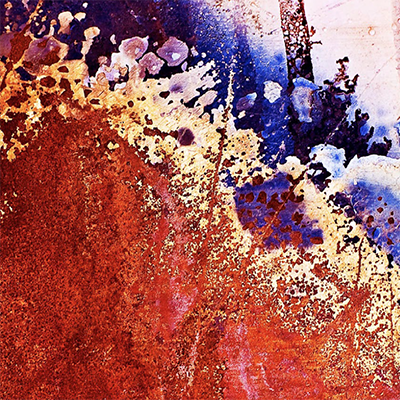 “Nothing is surer in Aussie life than death, taxes, and disasters,” says Dr. Wendy Scaife, Senior Research Fellow at the Australian Centre for Philanthropy and Nonprofit Studies.
“Nothing is surer in Aussie life than death, taxes, and disasters,” says Dr. Wendy Scaife, Senior Research Fellow at the Australian Centre for Philanthropy and Nonprofit Studies.
“The outpouring of compassion in the wake of disaster in this country is wonderful and needed – but it is also too short-lived and ad-hoc. I look forward to a community that gives not just at the immediate time of the disaster but ongoing, as needs change and grow, long after the embers die down or the cyclone abates.”
The need for philanthropic funding at secondary, longer-term stages of disaster recovery is well recognised but under-served, says a 2012 Disaster Giving – A natural response report by JBWere. Funds, in-kind donations, and economy building support in the mid- and long-term phases of disaster recovery are vital to restoring the sustainable health of damaged communities and environments.
Structured philanthropy – significant giving through private ancillary funds (PAFs), trusts, foundations, and the corporate sector – is well placed to answer this need for strategic, long-term support, Scaife says.
“Our tip is to commit 40 per cent of your funding to immediate emergency assistance and response, and 60 per cent to medium- and long-term recovery,” says Alexandra Gartmann, CEO of the Foundation For Rural and Regional Renewal (FRRR), and a champion for the needs of disaster-affected communities. “Community foundations are where the rubber hits the road in rural and remote Australia”.
DANNY ALMAGOR: “Money is just a form of energy”
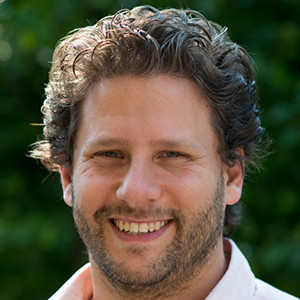 When 26-year-old engineering graduate Danny Almagor rocked up to his local pub in St Kilda, with dirt still under his fingernails from a year in the bush training to be an outdoor educator, he had no idea that he would one day be Australia’s poster boy for impact investing.
When 26-year-old engineering graduate Danny Almagor rocked up to his local pub in St Kilda, with dirt still under his fingernails from a year in the bush training to be an outdoor educator, he had no idea that he would one day be Australia’s poster boy for impact investing.
“Oh my God – we’re adults now!” he exclaimed to the then 24-year-old Berry Liberman, a girl in the pub that he recognised from a lower grade at Melbourne’s Mount Scopus College.
“The next week we ran into one another again,” Almagor remembers, “and I mentioned that I was going camping with a group of mates and casually asked if Berry would like to tag along. It was all very innocent.” He smiles as Berry pops her head around the door of an office in their heritage St Kilda mansion to co-ordinate the day’s collection of Leo, Amos, and Willow – their kids.
“She tagged along.”
The meeting of Danny and Berry happened at a critical junction for them both. Almagor was chewing on a new idea called ‘Engineers Without Borders’, the now global nonprofit venture that connects engineers with developmental and humanitarian projects. Liberman had recently returned from a film venture in the US, and was looking for her next chapter.
“We found ourselves in a position to truly change the world, and we were put there by the generations who came before us. There is nothing to prove – only more race to run! So we started thinking about how our values could be best put into action. We knew we wanted to turn the capital – a form of crystallised energy and passion – into creating a better world, a more fun world. This is why Small Giants was born. To prove that business can be great, instead of big.”
In seven small (but great) years, Small Giants, the “business love child” and investment house of Danny and Berry, has become a flag bearer for the Australian impact investment and social enterprise markets.
WOUNDS ON THE PSYCHE: Launching the Atlantic Fellows
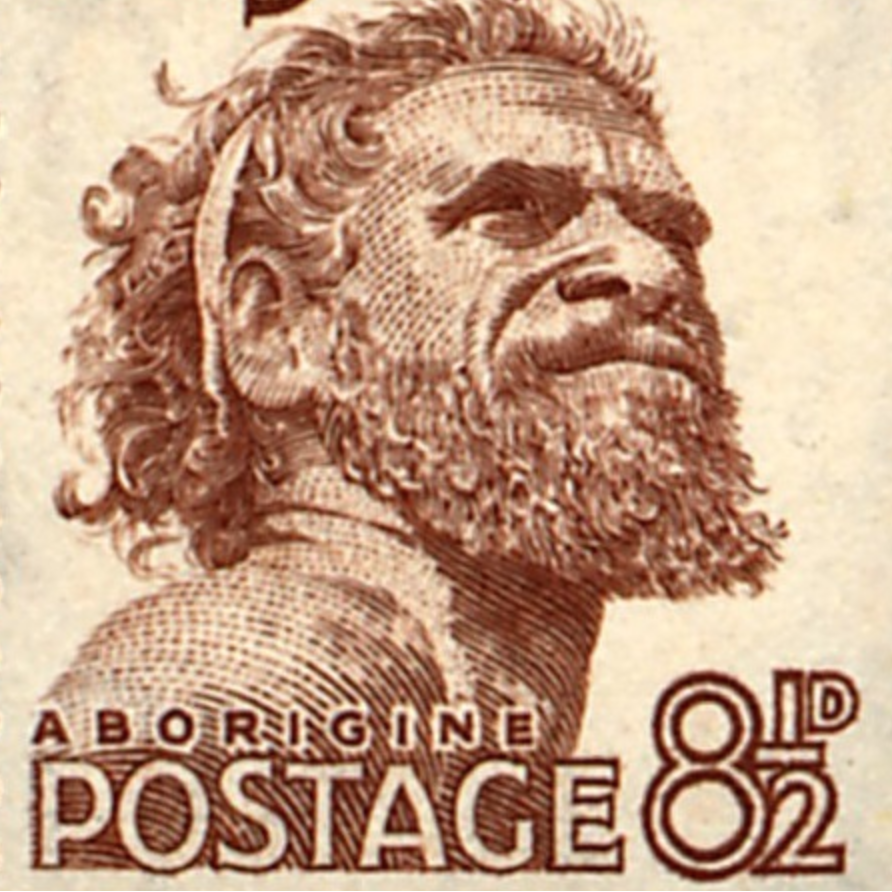 “We’re going to see a network of scholars, thinkers and professionals from across different disciplines — across government, nonprofit, commercial and research boundaries, Indigenous and non-Indigenous change-makers — coming together in a new way,” says Professor Jim McCluskey, deputy vice-chancellor (Research), University of Melbourne.
“We’re going to see a network of scholars, thinkers and professionals from across different disciplines — across government, nonprofit, commercial and research boundaries, Indigenous and non-Indigenous change-makers — coming together in a new way,” says Professor Jim McCluskey, deputy vice-chancellor (Research), University of Melbourne.
“The Australian Atlantic Fellows program will be nothing like anything you will find at Harvard or Cambridge or in any other white Anglo framework.”
Partners in the program include the University of Auckland, Queensland University of Technology, Business Council of Australia, Jawun and Brotherhood of St Laurence, with support from the Australian Government.
“We’re looking at how we might repair some of our most significant wounds— wounds on our national psyche — from a truly Australian perspective,” McCluskey says. Each cohort of Australian Atlantic Fellows will be nurtured within a global alumni network of interconnected Atlantic Fellows, and united over the course of their careers through a newly established Atlantic Institute, based in Oxford, UK, and operated by the Rhodes Trust.

